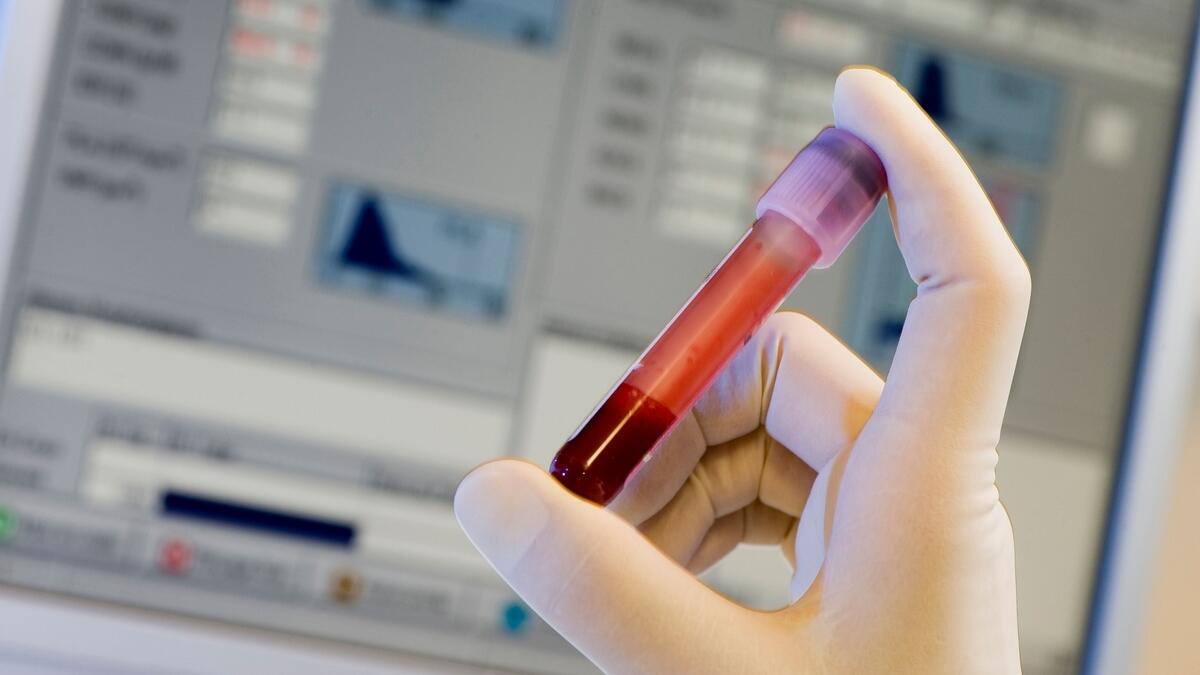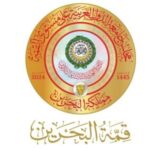Abu Dhabi has launched the region’s largest hybrid cord blood bank under the Abu Dhabi Biobank initiative. Located in M42’s Omics Centre of Excellence in Masdar City, the biobank boasts state-of-the-art automated technology and large-capacity infrastructure capable of preserving 100,000 cord blood samples and five million pan-human samples for 30 years. Cord blood, rich in stem cells, can be used to treat various diseases and disorders, making it a valuable resource for research and therapeutic purposes.
Announced during the Abu Dhabi Global Healthcare Week, the biobank aims to reduce waiting times for treatment, improve survival rates, and support the development of treatments for rare diseases, early detection, and disease prevention. The initiative aligns with Abu Dhabi’s vision to become a global biobanking hub that enhances healthcare delivery through advanced data assets. Dr. Noura Khamis Al Ghaithi, from the Department of Health – Abu Dhabi (DoH), emphasized the impact of the biobank on scientific breakthroughs, drug discovery, and clinical care outcomes.
The Abu Dhabi Biobank will offer services at four healthcare entities dedicated to maternal and child health in Abu Dhabi, including Danat Al Emarat Hospital for Women and Children, Corniche Hospital, Kanad Hospital, and NMC Healthcare hospitals. This initiative will link cord blood, tissue, stem cells, and other human specimens with genetic and clinical records for transformative medical initiatives. The biobank aims to enhance the region’s capabilities in research and innovation.
The hybrid cord blood bank is a crucial part of the Abu Dhabi Biobank, which will also include pan-human and tumour biobanks in its expansion phase. Stem cells derived from cord blood can help treat haematological and immune system disorders like leukaemia, lymphoma, and bone marrow diseases. Ashish Koshy, group chief operating officer from M42, highlighted the potential of the biobank in regenerative medicine, rare disease treatment, genetic screening, early detection, and scientific research.
Prospective parents can contribute to the initiative by preserving their baby’s cord blood, which can potentially save lives and support healthcare development in the region. The process is safe, secure, painless, and non-intrusive, offering parents the opportunity to preserve stem cells for public or private banking. Expectant parents can contact [email protected], call 800 213, or visit www.m42.ae for more information on how to participate in this lifesaving initiative.










